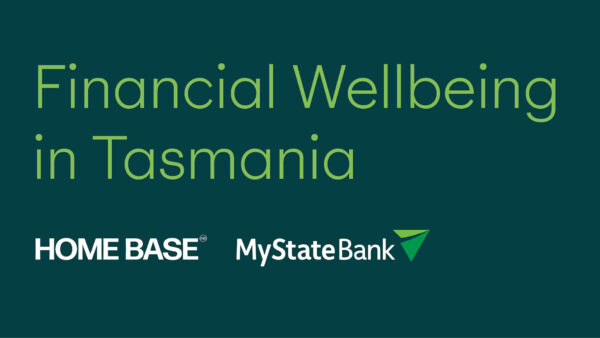Bad online shopping habits costing the average Australian over $400 each year

Two thirds of Australians have increased their use of online shopping since the start of pandemic
More than a third of Australians believe they spend more money online than in physical stores
Buying more goods to reach the ‘free shipping’ limit, failing to return an item purchased online that is unsuitable or doesn’t fit and shopping online as a pastime to conquer boredom or stress have been uncovered as the most common costly habits among Australian online shoppers in new research.
With more Australians embracing online shopping in the wake of the Coronavirus pandemic, MyState Bank commissioned a survey into the online shopping habits of more than 1,000 Australians.
The research uncovered that, the increase in online shopping isn’t necessarily translating into cost savings, with many Australians making unnecessary purchases and draining their finances. In fact, more than a third of Australians (36%) believe they spend more money shopping online compared with shopping in physical stores.
Commenting on the research, MyState Bank General Manager, Customer Experience, Heather McGovern said, “With the online sales season in full swing, our research uncovered Australians are engaging in online shopping habits which are likely burning a hole in their pockets. We calculated costly habits – from using online shopping as an escape from stress or boredom to keeping an item not fit for them to use – are costing online shoppers an average of $424 each year.”
According to the research, the most common costly habit was buying extra to receive free shipping which nearly half of Australians who shop online (48%) admitted to. Meanwhile, failing to seek a refund for an item purchased online that was either unsuitable or did not fit and shopping online as a pastime when bored or stressed were habits admitted to by 24% and 23% of online shoppers respectively.
“While many Australians enjoy the conveniences of online shopping, the danger is that there aren’t many barriers to spending money. Compared to shopping in a store, consumers don’t have to put as much effort or thought into adding things to their cart.”
Other costly shopping habits among online shoppers highlighted by the MyState Bank survey were buying unnecessary items simply because they were on sale (21%) and storing credit card details in their favourite retailer’s websites to enable easy future purchases (17%).
As Australia heads into the festive season, MyState Bank research found consumers have responded to the pandemic by embracing online shopping in greater numbers. The survey found that more than two thirds (65%) of Australians have increased the time they spend shopping online since the start of the pandemic.
Ms McGovern said, “Health concerns, travel restrictions and the closure of many stores during the height of the pandemic have accelerated a trend that was already underway in Australia – the shift to shopping online.
“Our new research reveals how dramatically shopping habits have evolved over the past several months, with many of these behavioural changes likely to permanently reshape the way Australians shop in the future.”
For instance, MyState Bank found 44% of online shoppers are now purchasing items previously bought in-store before the outbreak of the Coronavirus pandemic such as groceries and clothing.
“More Australians are embracing online shopping than ever before, with 65% of people increasing online shopping habits since March. And for those of us that were already shopping online before the pandemic, we’re now doing it more often and for wider range of purchases.
“The shift to online shopping over the last decade has been slowly embraced by most Australians, but the pandemic has put this trend into hyper speed – and there’s no going back.
“For this reason, we believe it is important that financial institutions support Australian consumers to navigate this new world with increased confidence,” said Ms McGovern.
MyState Bank’s top five tips to survive the online sales season and shop online smartly:
- Buy more, just less often. Shipping fees can be steep for some retailers; however, shoppers can minimise or entirely evade these fees by buying more items, less often. Use bookmarks to save the items for any items you like and wait until you have two or three other items from that same site bookmarked before you buy.
- Abandon your shopping cart for a day or two. Retailers create a sense of urgency intended to convince you to buy something you really don’t need, or at least, don’t need right this very moment. Resist the urge by leaving your items in your shopping cart for a day or two and see if the desire to purchase the items is still there when you return.
- Delete pre-saved details from retailer’s website. While it can be a convenient way to speed through the checkout, having your details pre-saved can be a sure way of fostering online impulse purchases.
- Create a separate email account for promotional materials. It can be difficult to resist buying things you don’t need when your inbox is constantly flooded with flash sales and specials. Consider creating a separate email account just for emails from online stores to help you easily locate order confirmations, tracking information, and other important info related to your online purchases when you need to.
- Use e-coupons and compare prices. A major advantage with online shopping is that it allows easy comparison of prices between sites for the same or similar items. Coupon codes that might not be available (or easy to find) in stores is another savvy strategy to help you save on your online order.



